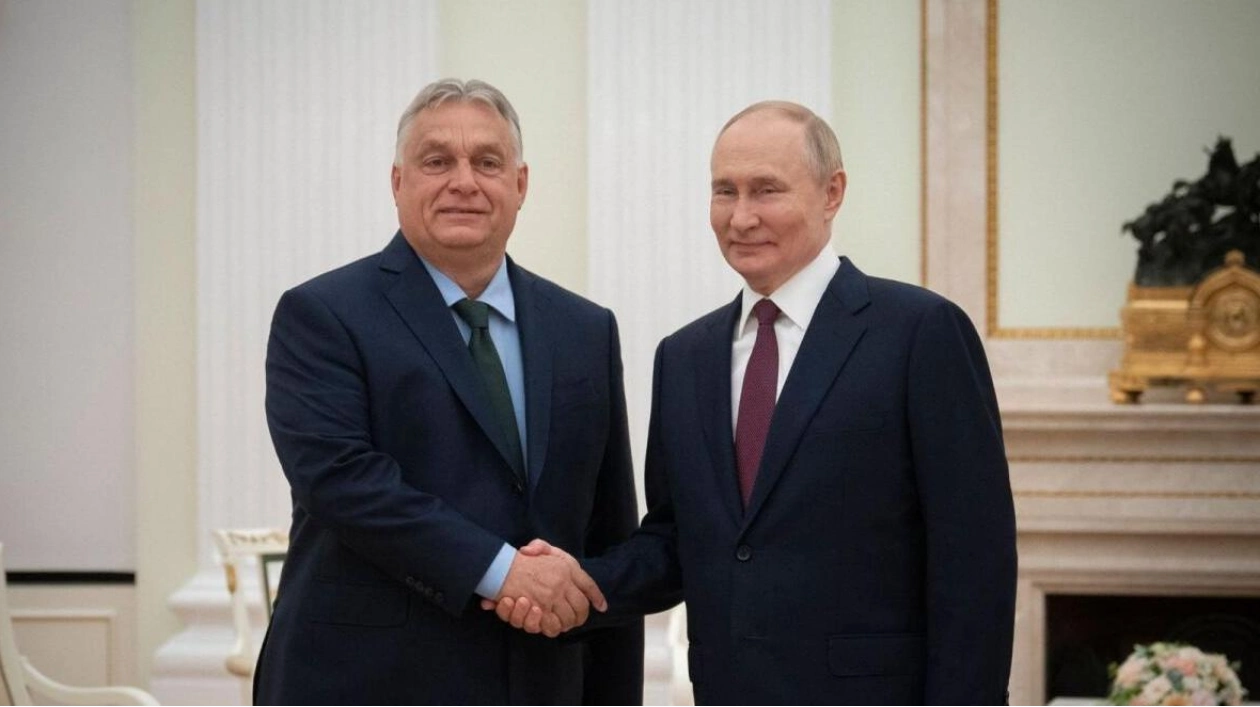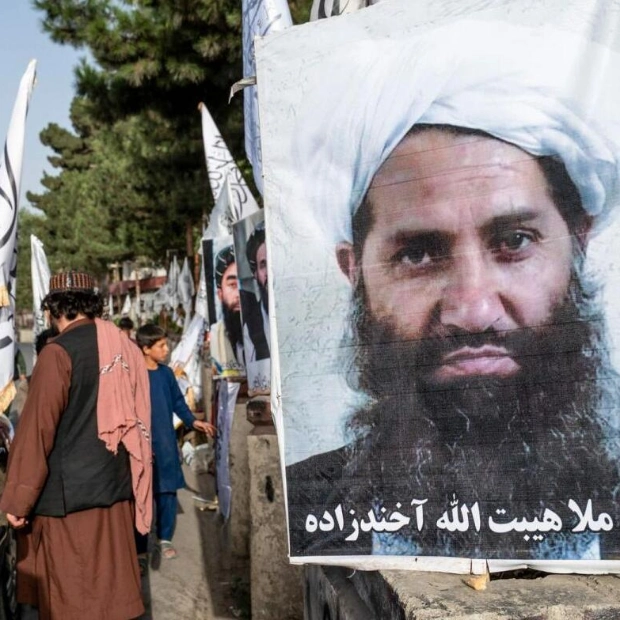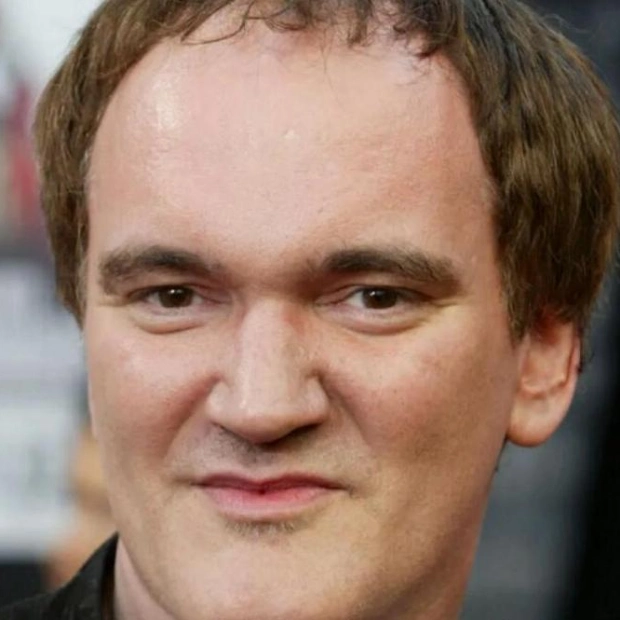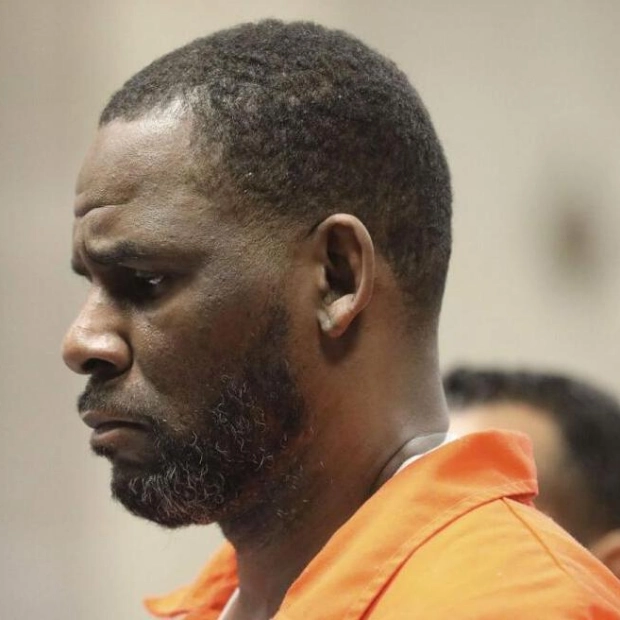The European People's Party (EPP) has expressed concerns about Hungary's decision to relax visa restrictions for Russian and Belarusian citizens, suggesting it could facilitate espionage within the EU, according to a letter obtained by Reuters on Tuesday.
Manfred Weber, the leader of the center-right EPP, has sent a letter to the President of the European Council, Charles Michel, stating that the new Hungarian regulations could "create significant gaps for espionage activities... presenting a substantial threat to national security".
Weber also noted in his letter that this policy might allow Russians to travel more freely within the Schengen area, circumventing the constraints set by EU law. The letter was initially reported by the Financial Times. The Hungarian government did not respond promptly to a request for comment, and Michel's office declined to comment on the letter.
This situation underscores the tensions between EU bodies and Hungary, which currently holds the EU's rotating presidency, as it attempts to preserve friendly relations with Russia despite the conflict in Ukraine. A spokesperson for the European Commission stated that they would be contacting Hungary about the new rules, ensuring they align with Schengen regulations.
Hungary recently expanded its "national card" immigration program to include Russians and Belarusians, among others. Holders of this card can work in Hungary without security clearance and are permitted to bring their families. The card is valid for two years and can be extended. Officially, cardholders are not classified as guest workers and thus do not count towards national quotas.
This decision by Hungary comes a year after the US imposed sanctions on three senior officials of the International Investment Bank, a Russian-controlled institution in Budapest. Following US pressure, Hungary withdrew from the IIB but expressed dissatisfaction with the necessity of doing so.
In a recent development, Hungarian Prime Minister Viktor Orban, who assumed the EU presidency on July 1, visited Moscow to discuss a potential peace agreement in Ukraine with Russian President Vladimir Putin. Orban has been critical of Western military support for Ukraine.






